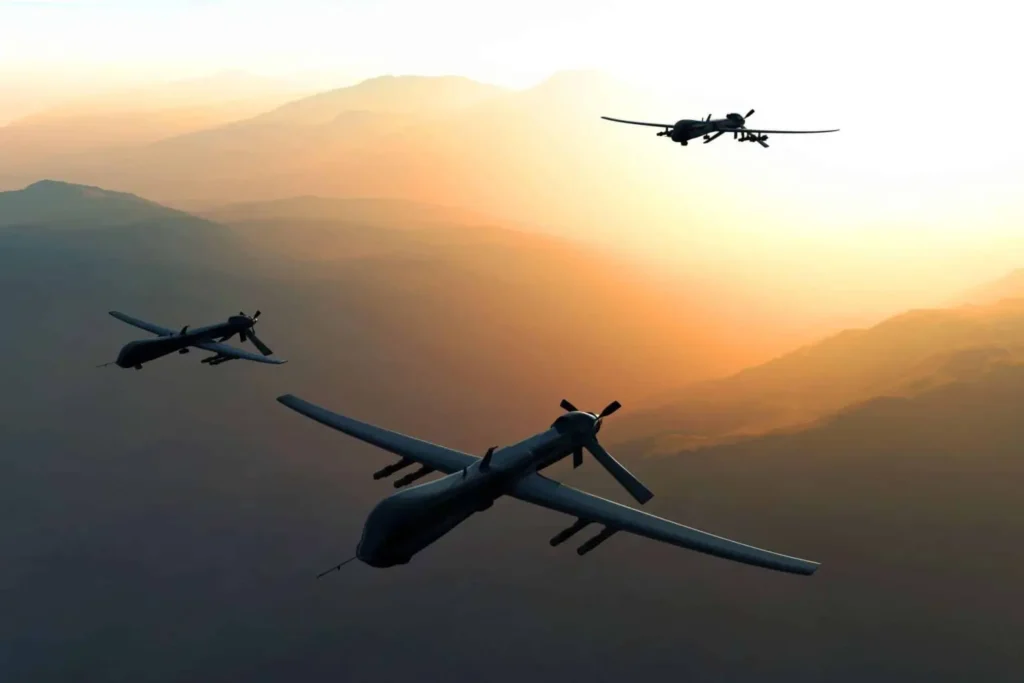KULR Technology Group announced partnerships with Molicel, a subsidiary of Taiwan Cement, and Amprius Technologies to introduce the KULR ONE Air (K1A) battery system for unmanned aircraft systems (UAS). Initial sample shipments began in July 2025, and volume production is scheduled for the fourth quarter of 2025. KULR will offer both standard off-the-shelf K1A systems for rapid deployment and customizable configurations tailored to original equipment manufacturers’ requirements.
The K1A line combines KULR’s advanced thermal management technology with Amprius’ ultra-high energy density SiCore cylindrical cells and Molicel’s high-power P50B cells. This integration yields lightweight, high-performance lithium-ion chemistries in a modular, scalable form factor, compatible with fixed-wing, rotary and eVTOL drone platforms. The rugged, field-ready designs are engineered to operate reliably in extreme environments, delivering extended flight times, enhanced payload capacity and superior safety for both commercial and defense UAS missions.
“Our new K1A product line represents a pivotal step forward in bringing space-proven technologies to the UAS market,” said Michael Mo, CEO of KULR Technology Group. “We’ve built our legacy on delivering energy and thermal solutions for applications where failure is not an option. With K1A, we’re applying that same level of performance and reliability to advanced unmanned aircraft systems, which are slated to become more common in our everyday lives.”
Industry analysts project the global drone battery market to grow from $9.5 billion in 2025 to $49.6 billion by 2035, driven by increasing adoption of autonomous systems across sectors. The K1A platform is positioned to capture this growth through scalable, high-energy-density power solutions that prioritize endurance, safety and mission flexibility.
This product launch follows recent U.S. policy initiatives aimed at bolstering domestic drone production and regulatory reforms to streamline UAS deployment. Proposed rules include removing individual flight waiver requirements and mandating onboard collision avoidance systems, facilitating broader drone use in agriculture, infrastructure inspection, emergency response and last-mile delivery.
Source: GlobeNewswire
















